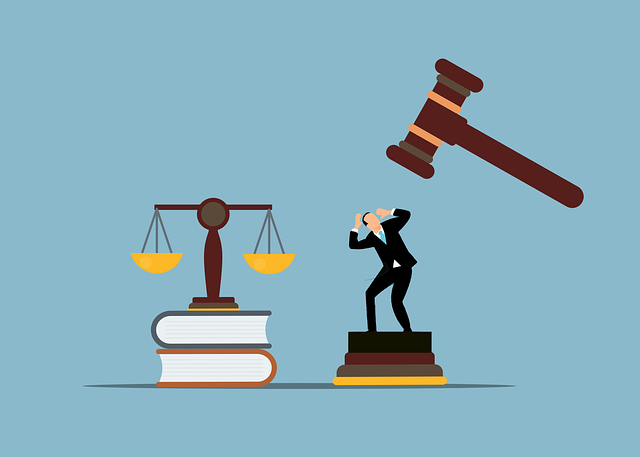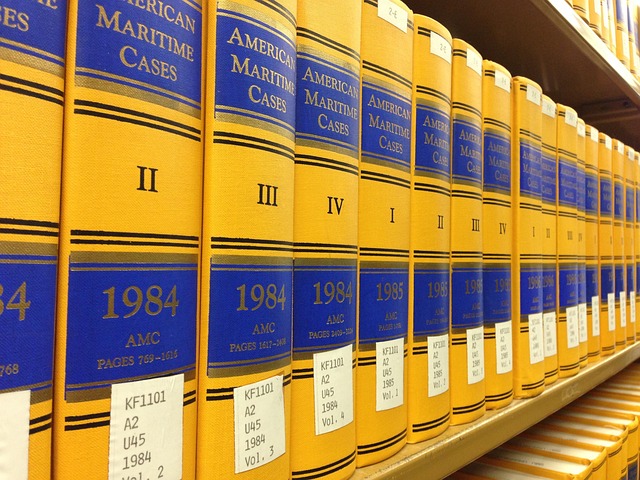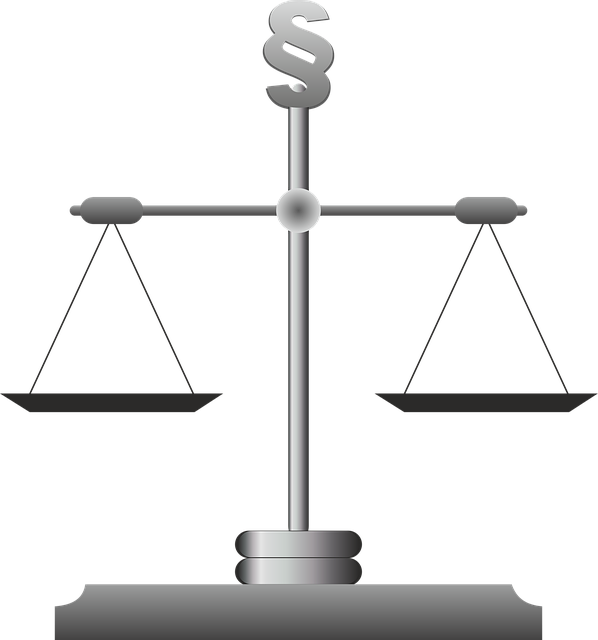When considering an injury lawsuit filing, eligibility depends on harm caused by negligence or intentional actions. A personal injury attorney assesses cases, focusing on liability and damages with robust evidence like medical records, witness statements, and photographs. Understanding strict timelines, including statutes of limitations, is crucial. With professional guidance, evidence collection, and case building, legal representation improves outcome chances for fair compensation.
“Unsure about pursuing an injury lawsuit? This comprehensive guide addresses top queries to demystify the process. From understanding eligibility criteria for injury lawsuits to gathering essential evidence, managing timelines, and navigating the legal landscape, we provide clarity every step of the way. Learn about potential outcomes and gain insights to make informed decisions. If you’ve been harmed due to someone else’s negligence, this article equips you with the knowledge to file an injury lawsuit confidently.”
- Understanding Eligibility for Injury Lawsuits
- Gathering Evidence and Timeline Considerations
- Navigating Legal Process and Potential Outcomes
Understanding Eligibility for Injury Lawsuits

When considering an injury lawsuit filing, understanding eligibility is a crucial first step. You may be eligible to file if you’ve suffered an injury due to someone else’s negligence or intentional actions, leading to physical, emotional, or financial harm. This can include cases like car accidents, slips and falls, medical malpractice, or workplace injuries. A personal injury attorney can help assess your case and determine if pursuing legal action is a suitable course of action based on the specifics of your situation.
Several factors influence eligibility for an injury lawsuit filing. These include adhering to statute of limitations, which sets deadlines for filing claims, and ensuring you have robust evidence such as medical records, witness statements, or photographs that support your case. Unlike complex areas like real estate litigation or employment contracts, personal injury cases often focus on clear-cut issues of liability and damages. Therefore, gathering comprehensive documentation from the outset can significantly strengthen your claim.
Gathering Evidence and Timeline Considerations

When considering an injury lawsuit filing, gathering evidence and understanding timelines are crucial steps. It’s essential to document everything related to the incident—from medical reports and police statements to witness accounts and photographs—as these will be vital pieces of evidence in your case. An accident attorney can help you navigate this process, ensuring all necessary information is collected promptly.
Timelines play a significant role in injury lawsuits. There are often strict statutes of limitations for filing claims, which vary depending on the type of injury and jurisdiction. For instance, in cases involving caregiver abuse or insurance coverage disputes, time constraints can be especially stringent. Being aware of these deadlines and acting quickly is essential to increase your chances of a successful outcome.
Navigating Legal Process and Potential Outcomes

Navigating the legal process when considering an injury lawsuit filing can be overwhelming. It involves understanding various procedures, timelines, and potential outcomes. The first step is to consult with a qualified attorney who specializes in personal injury law. They will guide you through each phase, from gathering evidence and documenting your injuries to preparing a strong case for trial or settlement negotiations.
Potential outcomes of an injury lawsuit filing can range from a swift settlement out of court to a lengthy trial process. In cases like slip and fall injuries or nursing home abuse, where liability is clear, settling may be the best option, offering a certain amount to avoid extensive legal battles. However, in more complex scenarios, such as business litigation, trials are often necessary to determine fault and award damages. Regardless of the path, it’s crucial to have an attorney advocate for your rights and ensure you receive fair compensation for your injuries and associated losses.
When considering an injury lawsuit filing, understanding your eligibility, gathering robust evidence within a specified timeline, and navigating the legal process are paramount. These key aspects, as discussed, provide insights into what to expect and how to proceed. By delving into these areas, individuals can make informed decisions regarding their rights and potential outcomes in an injury lawsuit. Remember that each case is unique, so consulting with a legal professional is essential for personalized guidance.






